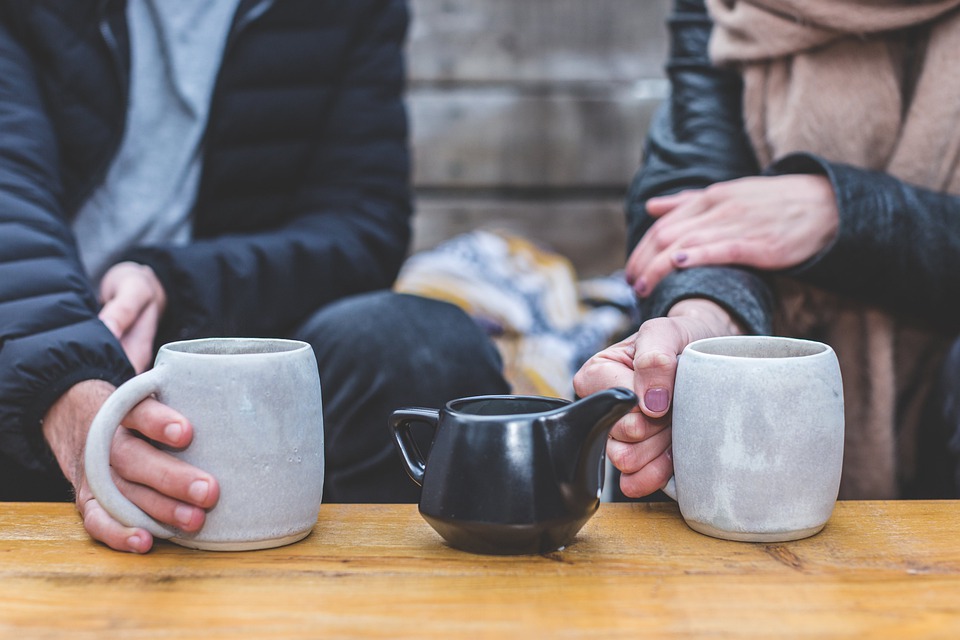
24 Oct Will NJ FamilyCare try to get money from my estate?
Photo: pixabay.comQ. I was recently accepted into NJ FamilyCare health Insurance and they keep sending me notices that when I die, if I have no spouse and no underage children, they could recover money for their expenses for me. I want to leave my house to my niece and nephew so what would happen? Would they take the insurance premiums or the cost of doctor visits out from the home? I feel like it would wipe me out.
— Concerned
A. It’s a good question, and it’s important to understand as you plan for the future.
NJ FamilyCare is a federal- and state-funded health insurance program to help qualifying residents get access to affordable health insurance.
Under federal and New Jersey law, the Division of Medical Assistance and Health Services (DMAHS) is required to recover funds from the estates of individuals who received assistance on or after age 55, said Matt Rembish, a certified financial planner with JFL Total Wealth Management in Boonton..
“A lien equal to the amount of all medical assistance DMAHS provided on or after age 55 is placed on your property after your death,” he said. “It is the responsibility of those handling the Estate to contact DMAHS about the death of an NJ FamilyCare beneficiary.”
Distributions to creditors or heirs cannot be made until the estate reimburses DMAHS, he said.
Your niece and nephew will get whatever equity is left in the property after DMAHS receives what they are owed.
It will seek recovery from your estate if you have no surviving spouse, no surviving child under the age of 21 and no child who is blind or permanently and totally disabled under the Social security standards.
But, Rembish said, there are a couple of situations where it won’t seek recovery.
That includes if it’s not cost-effective to do so or if the property in the estate is the sole source of income for one or more survivors, and pursuit of recovery will result in those survivors becoming eligible for public assistance or Medicaid benefits, he said
Same goes if a family member of the deceased has, prior to their death, continuously resided in the property, and that home is the family member’s primary residence, he said. In that case, DMAHS will not enforce the lien until the property is voluntarily sold or the resident family member dies or vacates the property.
You can call the Division of Medical Assistance and Health Services at (609) 588-2900.
Email your questions to Ask@NJMoneyHelp.com.
This story was originally published on Oct. 24, 2022.
NJMoneyHelp.com presents certain general financial planning principles and advice, but should never be viewed as a substitute for obtaining advice from a personal professional advisor who understands your unique individual circumstances.

